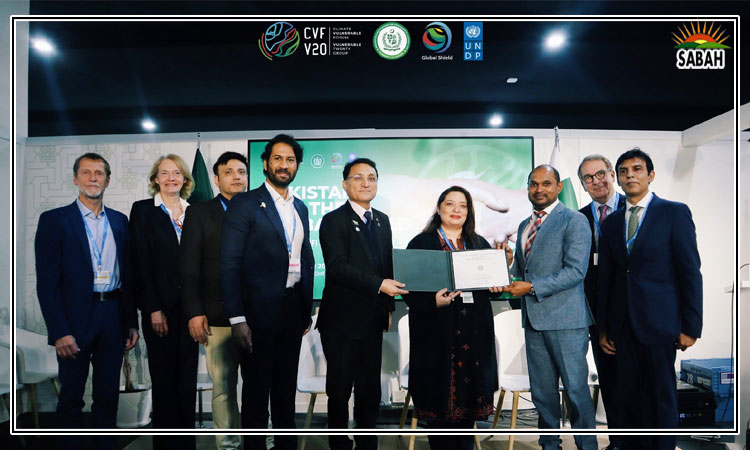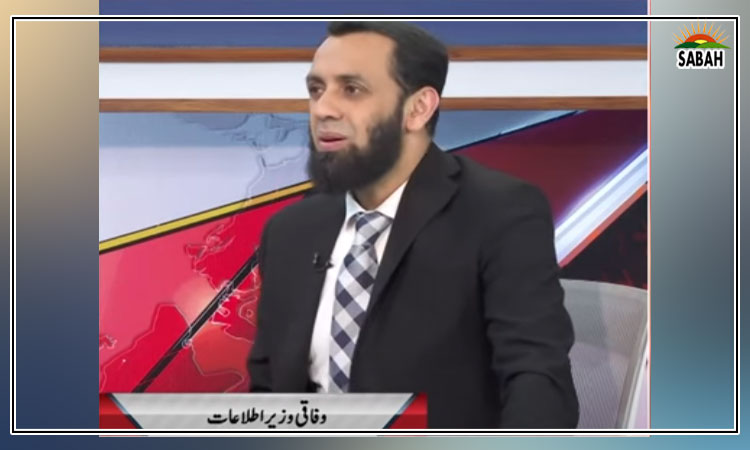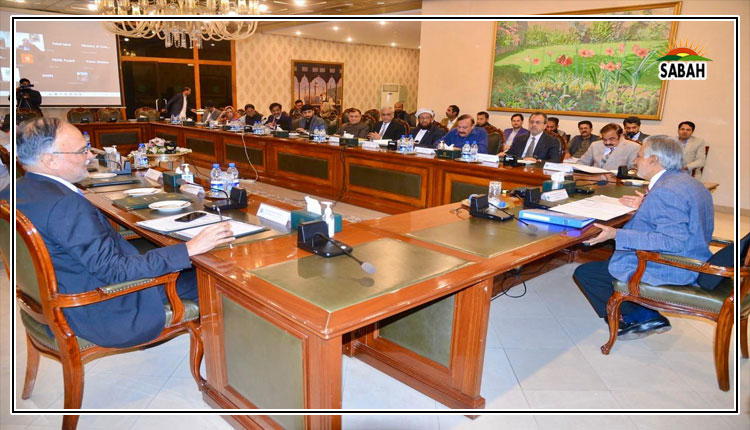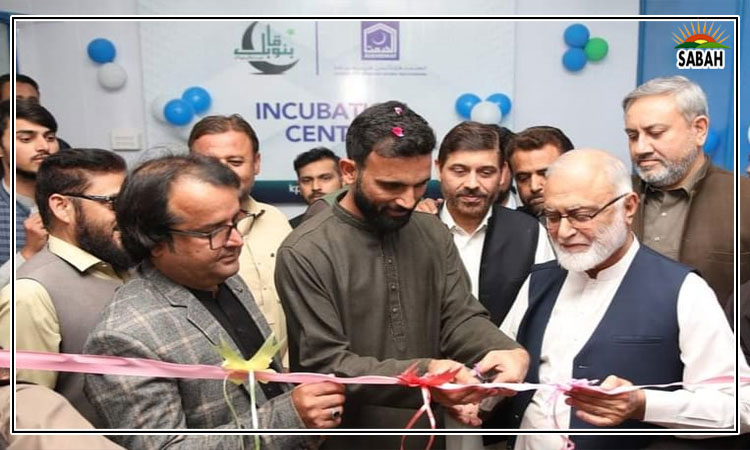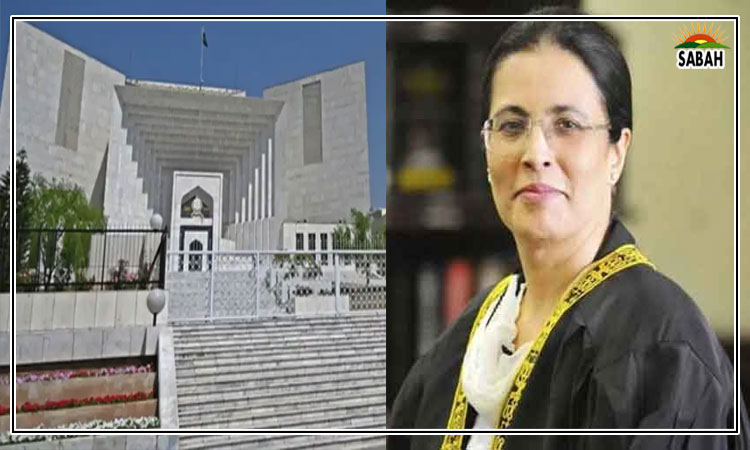Realizing social justice difficult but not unattainable: Dr. Ghulam Nabi Fai
WASHINGTON, Feb 14 (SABAH): “The 2023 ‘World Day of Social Justice’ provides an opportunity to foster dialogue with member States, youth and relevant United Nations institutions and other stakeholders on actions needed to achieve social justice by strengthening the social contract that has been fractured by rising inequalities, conflicts and weakened institutions,” excerpts from the concept paper of ‘World Day of Social Justice, February 13, 2023.’
Dr. Ghulam Nabi Fai, Chairman, ‘World Forum for Peace & Justice’ said that no sensible person will disagree with the statement made by Antonio Guterres, the Secretary General of the United Nations on the occasion, “A wave of decolonization swept the world. But let’s not fool ourselves. The legacy of colonialism still reverberates…People want social and economic systems that work for everyone. They want their human rights and fundamental freedoms to be respected. They want a say in decisions that affect their lives.”
Secretary General added that “The 26 richest people in the world hold as much wealth as half the global population.” It is a fact, Dr. Fai explained that the wealth of single individuals exceeds the wealth of many nations. And that never before have so many suffered amidst liberty and luxury for the few. In highly developed countries, the number of persons living past 80 years is soaring. In deprived and convulsed countries, the average longevity is but half that age. While citizens of some African and Asian countries are starving, the rich countries are beset with obesity. Discrepancies of these types are morally disturbing, Dr. Fai elucidated.
Dr. Ghulam Nabi Fai spelled out that the most urgent approach to promoting a social justice is the ending of warfare. War, whether intramural or international, wreaks havoc on the elements necessary for health, housing, education, employment, the rule of law, the environment, and happiness generally. War is enormously expensive. It diverts resources from schools, hospitals, roads and telecommunications to AK-47s, Kalashnikovs, missiles, bombs and artillery shells. Others become emotionally and psychologically disturbed. Dr. Fai cited the case of Kashmir where the women and children have suffered not only emotionally and psychologically but also economically and socially because of the human rights violations perpetrated by Indian occupation forces on the hapless civilian population.
The other objective to achieve social justice should be universal literacy and education. As Socrates explained, the unexamined life is not worth living. But unfortunately, Dr. Fai delineated, the constant disturbances in Kashmir have altered the life patterns of the inhabitants, radically changing the entire concept of childhood in the Valley. Schools have been converted to army camps. The children do not attend kindergarten and they do not play with toys, the way children normally do. Memories and recollections of their childhood are clouded with terror, anxiety, unrest, insecurity and uncertainty.
The attainment of equality for women is another pressing yardstick of social justice. Experience and intuition both demonstrate that women are as intelligent as men. They are as entrepreneurial and disciplined. They contribute every bit as much to economic growth and social cohesion as men. It is thus imperative that women receive the same legal rights and social dignity as men if social justice is to advance. Again, the women of Kashmir are unlucky to enjoin these legal rights and social dignity. The UN High Commissioner’s report on the situation in Kashmir upholds that [In the 2013 report on her mission to India, the ‘Special Rapporteur on Violence Against Women,’ it’s causes and consequences, said, “[W]omen living in militarized regions, such as Jammu and Kashmir and the north-eastern states, live in a constant state of siege and surveillance, whether in their homes or in public. Information received through both written and oral testimonies highlighted the use of mass rape, allegedly by members of the State security forces, as well as acts of enforced disappearance, killings and acts of torture and ill-treatment, which were used to intimidate and to counteract political opposition and insurgency.”]
“The United Nations is ideally suited to ending these shocking inequalities because it hosts all the nations of the world and endows each with identical voting power in the General Assembly. The poorest and the weakest are equal to the richest and the strongest,” Dr. Fai hoped.
Antonio Guterres said, “We have leadership with power and a lot of power without leadership. And President Biden said, ‘we should lead with power of example and not the example of power.” Does anyone care, Dr. Fai asked? At least not Narendra Modi, who is obsessed with power and control.






